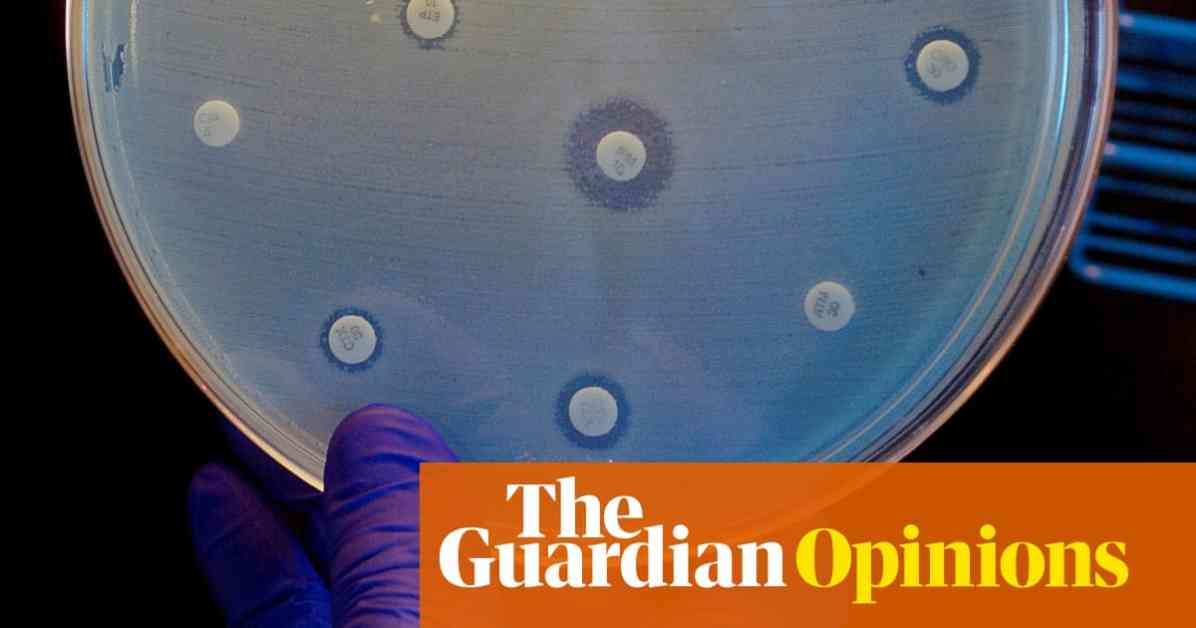Antibiotic resistance is a growing global crisis that could have devastating consequences if urgent action is not taken. According to recent research, deaths directly attributed to bacterial AMR are on the rise, with over a million lives lost to AMR every year. This trend is expected to continue, with global deaths attributable to AMR projected to reach 1.91 million a year by 2050.
The impact of AMR is far-reaching, affecting individuals, families, and communities worldwide. Low- and middle-income countries are particularly vulnerable to the human costs of AMR. Without immediate intervention, an additional 39 million lives could be lost within a generation.
While the situation may seem dire, there is hope for the future. By improving access to healthcare for severe infections and developing alternative drugs to combat resistant bacteria, millions of lives could be saved. It is crucial for global leaders to come together and take bold, decisive action to address this crisis.
This week, leaders will convene at the UN general assembly high-level meeting on AMR in New York to discuss how to combat this alarming trend. Experts from various sectors will collaborate to develop strategies to ensure equitable access to treatments, vaccines, and diagnostics. It is essential to prioritize the most vulnerable populations and allocate adequate funding to support these efforts.
From cancer patients in the UK to children in Niger, no one is immune to the threat of AMR. It is imperative that we act now to secure effective and accessible antibiotics for current and future generations. The time to take action is now, as millions of lives hang in the balance.










